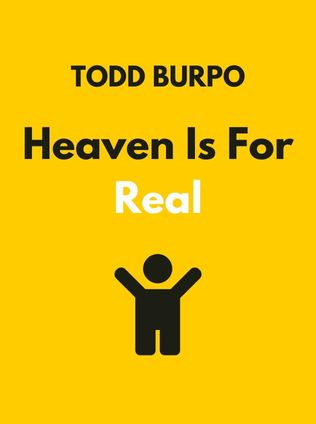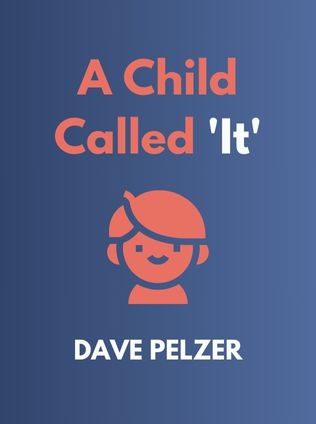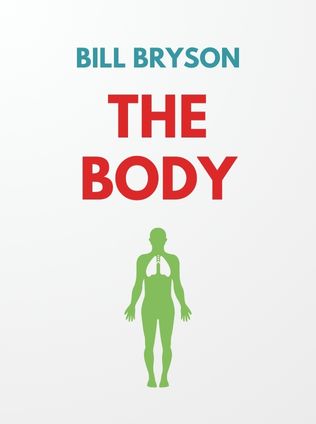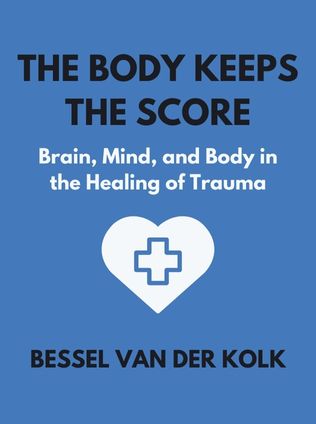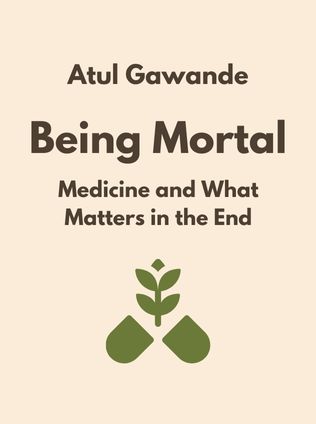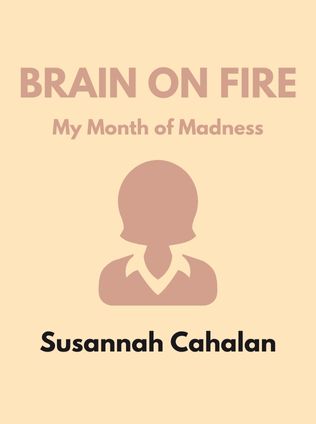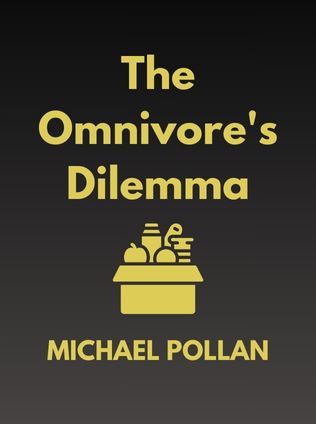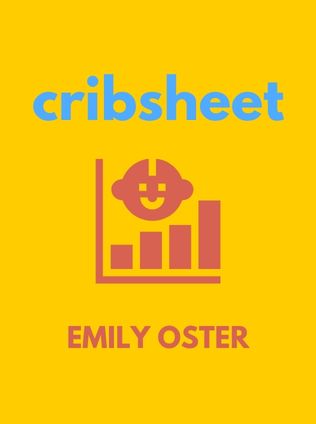
Cribsheet
A Data-Driven Guide to Better, More Relaxed Parenting, from Birth to Preschool
By Emily Oster
Published 04/2019
About the Author
Emily Oster is a prominent economist and professor at Brown University, renowned for her work in health economics and data analysis. She has gained widespread recognition for applying her expertise to the realm of parenting, where she challenges conventional wisdom by encouraging parents to make decisions based on data and evidence rather than societal norms or anecdotal advice. Oster's books, including Expecting Better and Cribsheet, have become essential reading for parents who want to approach parenting with a rational, informed mindset. As a mother of two, Oster combines her professional knowledge with personal experience, offering readers a balanced perspective that is both practical and deeply empathetic. Her work aims to reduce the stress and anxiety associated with parenting by empowering parents to make decisions that are best suited to their unique situations.
Oster’s approach to parenting is grounded in her belief that there is no single "right" way to raise a child. Instead, she advocates for a more individualized approach, where parents use data to inform their choices while taking into account their specific circumstances, values, and goals. This perspective is a refreshing departure from the often prescriptive advice found in traditional parenting books. Oster’s writing is characterized by its clarity, humor, and accessibility, making complex data understandable and actionable for everyday parents.
Main Idea
Cribsheet is a comprehensive, data-driven guide to the early years of parenting, from birth through toddlerhood. Emily Oster argues that many of the decisions parents face—whether about breastfeeding, sleep training, or potty training—are often clouded by societal expectations and conflicting advice. By applying principles from economics, particularly the concepts of risk assessment and opportunity cost, Oster provides a framework for parents to make informed, confident decisions that align with their unique family needs. The book emphasizes that there is no universally correct way to parent; rather, the best decisions are those that are based on reliable data and tailored to the individual circumstances of the family. Oster’s approach is both liberating and reassuring, as it encourages parents to trust their judgment while also providing them with the tools to make well-informed choices.
Table of Contents
- The Problem: Parenting Decisions Are Overwhelming
- The Solution: Make Decisions Using Economic Reasoning
- How to Make the Best Parenting Decisions
- Data to Inform Your Parenting Decisions
The Problem: Parenting Decisions Are Overwhelming
Parenting is an incredibly rewarding but also deeply challenging journey, especially in the early years when decisions seem to come at you from all directions. Emily Oster begins Cribsheet by acknowledging the overwhelming nature of these decisions. From the moment your child is born, you are faced with choices that can feel impossibly high-stakes—decisions about feeding, sleeping, health care, and more. What complicates these decisions is the barrage of conflicting advice, moral judgments, and the sheer volume of information available, much of which is contradictory or difficult to apply to your own life.
Oster identifies three primary challenges that make parenting decisions particularly overwhelming:
Sign up for FREE and get access to 1,400+ books summaries.
You May Also Like
Rich Dad Poor Dad
What the Rich Teach Their Kids About Money - That the Poor and Middle Class Do Not!
By Robert T. KiyosakiFreakonomics
A Rogue Economist Explores the Hidden Side of Everything
By Steven D. Levitt and Stephen J. DubnerHeaven Is For Real
A Little Boy's Astounding Story of His Trip to Heaven and Back
By Todd BurpoThe Body Keeps the Score
Brain, Mind, and Body in the Healing of Trauma
By Bessel van der KolkFactfulness
Ten Reasons We're Wrong About the World – and Why Things Are Better Than You Think
By Hans Rosling








